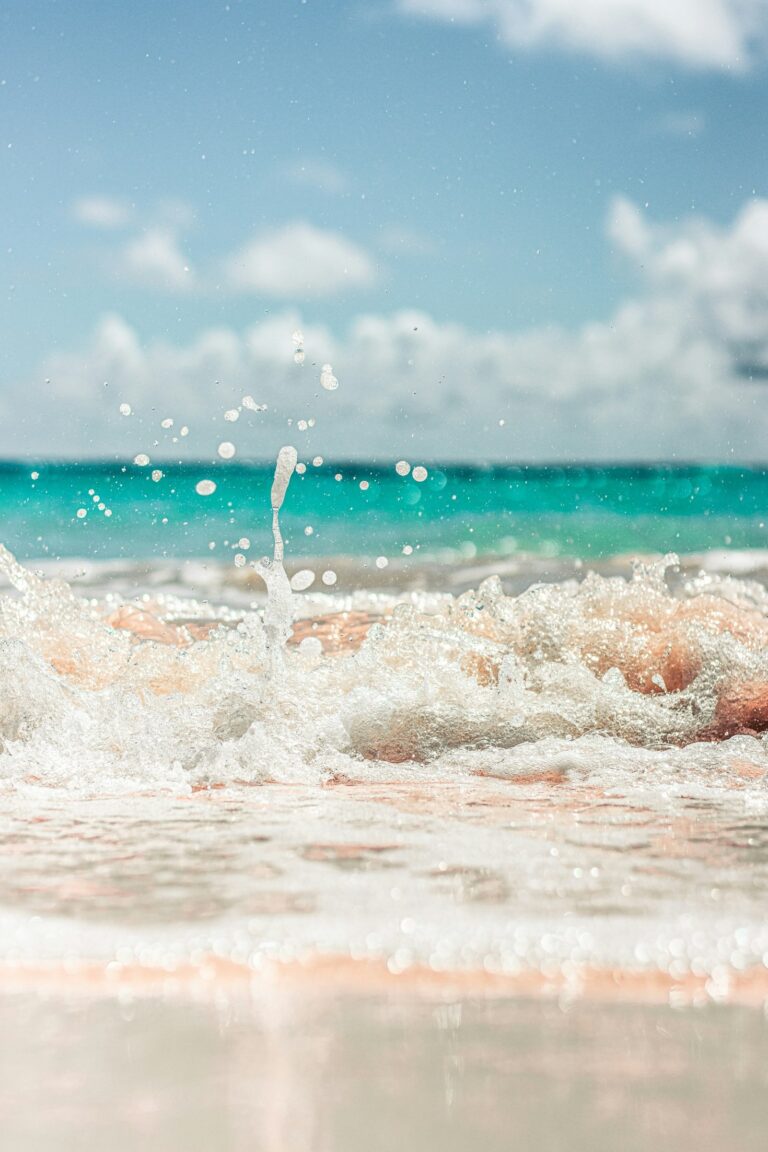Eco-Friendly Travel Tips for Ocean Enthusiasts
Exploring the ocean’s wonders is a privilege that comes with the responsibility to protect marine environments. Here are some eco-friendly travel tips for ocean enthusiasts:
1. Choose Sustainable Destinations
Opt for locations that prioritize environmental conservation and sustainable tourism practices. Research destinations committed to preserving marine ecosystems and supporting local communities. Choosing such destinations ensures that your travel contributes positively to the environment and local economies. For instance, some islands implement strict conservation policies to protect their natural habitats, making them ideal choices for eco-conscious travelers.
2. Select Eco-Friendly Accommodations
Stay in lodgings that implement sustainable practices, such as energy and water conservation, waste reduction, and sourcing local, eco-friendly products. Supporting accommodations with green certifications ensures your stay has a minimal environmental impact. Look for hotels or resorts that utilize renewable energy sources, have efficient waste management systems, and engage in local conservation efforts. Some establishments even offer programs where guests can participate in environmental initiatives, providing a more immersive and responsible travel experience.
3. Reduce Plastic Usage
Carry reusable items like water bottles, shopping bags, and utensils to minimize single-use plastic consumption. This simple step significantly reduces plastic pollution in marine environments. Additionally, avoid products with excessive packaging and choose items made from biodegradable or recyclable materials. Participating in local beach clean-up events during your trip can further contribute to reducing plastic waste in the oceans. By being mindful of your plastic usage, you help protect marine life from the dangers of plastic pollution.

4. Respect Marine Life
When engaging in activities like snorkeling or diving, maintain a safe distance from marine creatures and avoid touching corals. Use reef-safe sunscreen to prevent chemical damage to coral reefs. Educate yourself about local wildlife and their behaviors to ensure your interactions are safe and non-disruptive. Choose tour operators that follow ethical wildlife viewing guidelines and support conservation efforts. Remember, observing animals in their natural habitat without interference allows them to thrive and ensures future generations can enjoy their beauty.
5. Support Sustainable Seafood Choices
Choose seafood from sustainable sources to combat overfishing and promote ocean health. Opting for plant-based meals further reduces your environmental footprint. Educate yourself about local fishing practices and prefer restaurants that source their seafood responsibly. Some regions offer certifications or labels indicating sustainably caught seafood, making it easier for consumers to make informed choices. By supporting sustainable fisheries, you contribute to the preservation of marine biodiversity and the livelihoods of communities that depend on fishing.

6. Participate in Conservation Activities
Engage in local conservation efforts, such as beach cleanups or citizen science projects, to contribute positively to the marine environment. Many organizations welcome volunteers to assist in data collection, species monitoring, or habitat restoration projects. These activities not only aid conservation but also provide enriching educational experiences. Participating in such initiatives allows you to give back to the destinations you visit and fosters a deeper connection to the environment.
7. Travel Responsibly
Opt for eco-friendly transportation methods, like trains or buses, and minimize carbon emissions by choosing direct flights when necessary. Consider offsetting your carbon footprint through reputable programs. Once at your destination, explore the area on foot, by bicycle, or use public transportation to reduce your environmental impact. Some regions offer eco-friendly transportation options, such as electric vehicle rentals or bike-sharing programs, making it easier to travel sustainably.
8. Support Local Economies
Eat in locally owned restaurants, and stay in locally owned lodges, hotels, and B&Bs. Buy locally made handicrafts and products that double as practical, everyday items, so you’re not stuck with a dust-inducing souvenir you never use. Never buy crafts or gifts made from protected or endangered animals. This practice ensures that your spending benefits local communities and encourages the preservation of cultural heritage. Engaging with local artisans and businesses provides a more authentic travel experience and fosters economic growth within the community.
9. Educate Yourself and Others
Before and during your travels, educate yourself about the environmental challenges facing the destinations you visit. Share your knowledge and experiences with fellow travelers and your community to raise awareness about ocean conservation. By becoming an informed traveler, you can make more conscious decisions and inspire others to adopt sustainable practices. Engaging in discussions about conservation and sustainability helps build a community committed to protecting our planet’s oceans.
10. Practice Leave No Trace Principles
Adhere to the Leave No Trace principles by minimizing your impact on natural environments. This includes disposing of waste properly, respecting wildlife, and leaving natural and cultural features undisturbed. By following these guidelines, you help preserve the beauty and integrity of the places you visit, ensuring they remain unspoiled for future generations.
By integrating these practices into your travels, you can enjoy the ocean’s beauty while actively contributing to its preservation for future generations. Responsible travel not only enriches your own experiences but also ensures that the marine environments you cherish continue to thrive.



